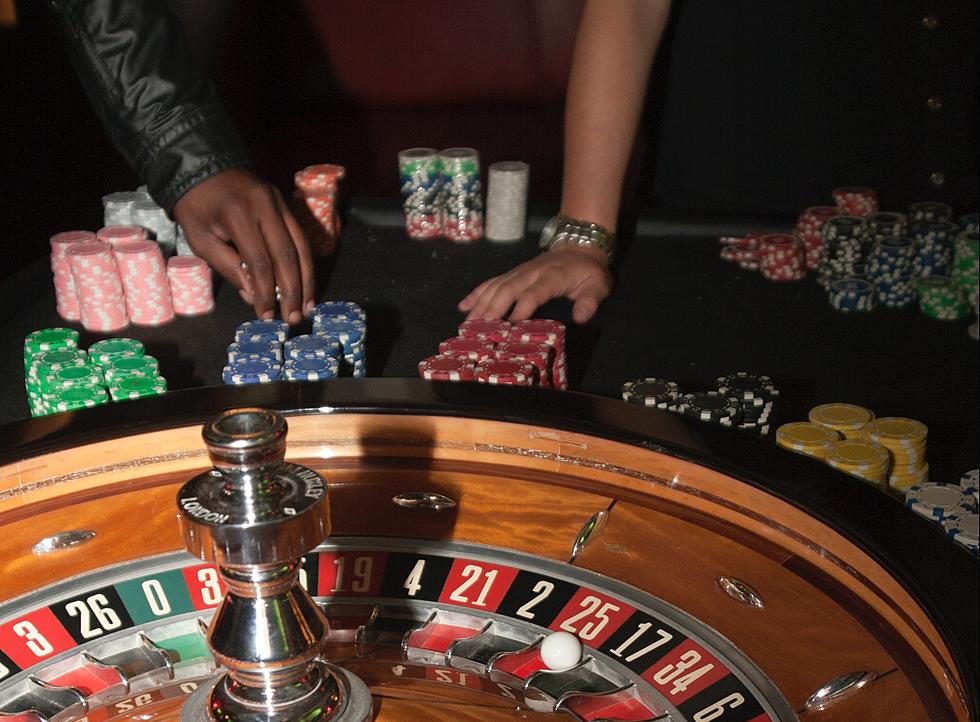Casino games have long been a engaging entertainment option, drawing numerous of players from varied cultures around the globe. From the lively casinos of the Strip to the thriving gambling halls of the Cotai Strip, these games serve as a link that connects people across a variety of backgrounds. The allure of luck, tactics, and risk entices not only those seeking to gamble for profit but also those seeking a feeling of belonging.
The cultural impact of casino games extends significantly past the gaming floor. They often reflect the cultural standards and principles of the societies in which they thrive. Games such as seven-card stud, pontoon, and the spinning wheel have integrated into the tapestry of mainstream culture, influencing everything from cinema to clothing. As we explore this fascinating intersection of luck and society, we can gain insights into how these games shape and are influenced by the environment surrounding us.
Chronological Development of Casino Activities
The roots of gambling activities can be followed back to old cultures, where gambling in various forms was widely practiced. In the East, around 2300 B.C., a type of lottery known as Keno was well-known, while in ancient the Roman Empire, soldiers would often wager on the consequences of their contests. The concept of using luck for entertainment and gain progressed over the years, leading to the creation of more formal games. By the late Middle Ages, gambling houses started to surface in Europe, particularly in the Italian peninsula, which introduced early forms of well-liked games still played today.
As gambling gained fame in Europe, the 17th and 18th centuries saw the appearance of gaming houses as dedicated establishments for gambling. The initial official gambling house, the Ridotto, was established in the Venetian city in sixteen thirty-eight, featuring activities like the game of Baccarat and Faro. This period marked a significant pivoting point, as casinos commenced to welcome not just the elite but also the burgeoning middle-tier society. The complexity of activities increased, leading to the introduction of new guidelines and modifications that enhanced the gaming experience.
In the 19th century, the industrial revolution and changes in social conventions additionally altered the terrain of casino activities. The launch of roulette and new one-armed bandits pulled in a more diverse audience, and gambling establishments became seen as legitimate forms of fun. This period witnessed the international spread of gaming, as casinos spread from European nations to the Americas, culminating in the creation of the legendary Las Vegas Boulevard in the twentieth century. The development of gaming activities has persisted into the present day, incorporating new technologies and online sites, allowing them accessible to a global market.
## Cultural Importance within Diverse Cultures
Casino games have deep-rooted cultural and social significance in a multitude of societies throughout the globe. In Las Vegas, the very fabric of the urban landscape is woven around gaming venues, where gambling is not just a hobby but a fundamental aspect of social engagement and social interaction. The bright lights and lively atmosphere attract countless individuals, showcasing how casino games can influence local economical structures and cultural identities. This surrounding transforms the notion of recreation into an immersive experience that influences style, sound, and even film.
In contrast, some cultures view betting with more caution, considering it through the lens of morality and tradition. A case in point, in numerous Asian communities, games like Mahjong and Pai Gow Gambling are rich with history and possess significant social relevance. These games are often played during meetings and occasions, fostering collective connections and solidifying family ties. The act of playing these games goes past mere amusement, reflecting ethics such as honoring elders and the importance of shared enjoyment.
Meanwhile, in European countries such as Monaco and the Italian Peninsula, casino games serve as symbols of wealth and elegance. The refined atmosphere of these locations attracts both travelers and locals, reinforcing a sense of prestige and elitism. The art of Texas Hold’em and the strategic features of games like the game of baccarat are esteemed, molding social dynamics and cultivating an attraction that enthralls a diverse audience. This emphasizes how casino games can simultaneously mirror and mold societal views towards risk, gain, and relationship building.
Economic Impact and Tourism
Gambling activities play a significant role in the economic landscape of many regions, particularly those that depend significantly on visitor traffic. The revenue produced from casino operations fuels local economies, creating employment opportunities not only within the casinos but also but also in connected industries such as hotel management, dining, and recreation. This surge of tourists, drawn by the attraction of games and the overall gaming environment, stimulates spending across multiple local enterprises, contributing to the economic vitality of the area.
The existence of casinos often leads to the construction of facilities, including hotels, transportation systems, and leisure amenities. These improvements are essential in enhancing the overall tourist experience, making locations more attractive to tourists. https://OKE179.CO Additionally, many casinos invest in local communities through support of activities and philanthropic initiatives, further embedding themselves into the community structure of the region. Such contribution not only supports economic growth but also fosters a positive image of the gambling sector.
In addition, the global popularity of casino games drives tourism competition, with locations vying to attract gamblers from across the globe. Iconic destinations like Las Vegas and Macau have become synonymous with gambling culture, drawing millions annually. This advantage encourages innovation and diversification within the gaming industry, influencing developments in leisure and hospitality that resonate beyond their limits. The ripple effects of this tourism extend wide, impacting local financial health and cultural interactions on a global scale.
